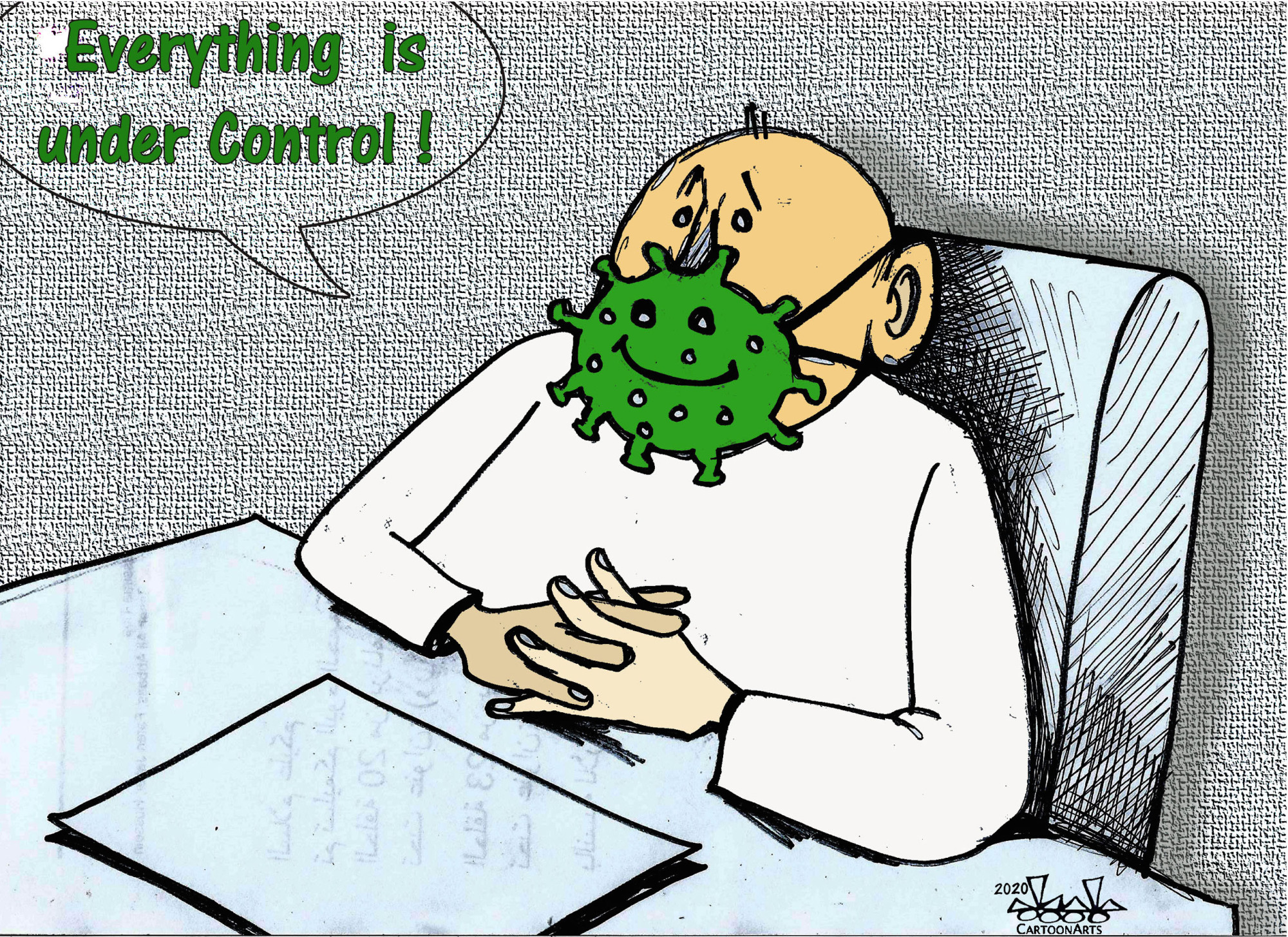Global health crises are geopolitical events, and the spread of the Wuhan coronavirus is no exception. That incipient pandemic is not simply testing the global health system. It is also an acid test for a Chinese regime that intends, in the words of President Xi Jinping, to "take center stage in the world."
Much has been made — appropriately — of how China's authoritarian system has been the taproot of its worst failures in responding to COVID-19. Yet the episode also shows why an authoritarian China will struggle to create a constructive, consensual international order, no matter how much power it wields.
It may not look that way at first: Beijing has been accused of using its growing influence to escape criticism by the World Health Organization and many countries. Yet the ultimate test of a great power is not the ability to compel silence, or even to challenge the existing hegemon. It is the ability to bring other countries into an international order over which it presides, and here the COVID-19 epidemic has revealed glaring weakness.


















With your current subscription plan you can comment on stories. However, before writing your first comment, please create a display name in the Profile section of your subscriber account page.